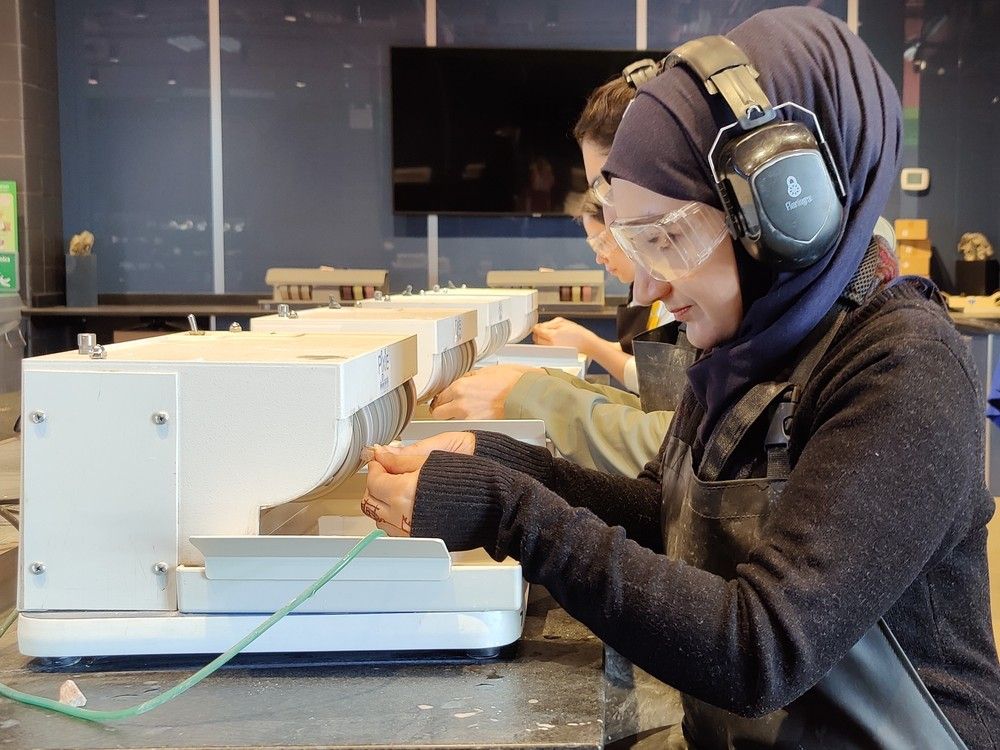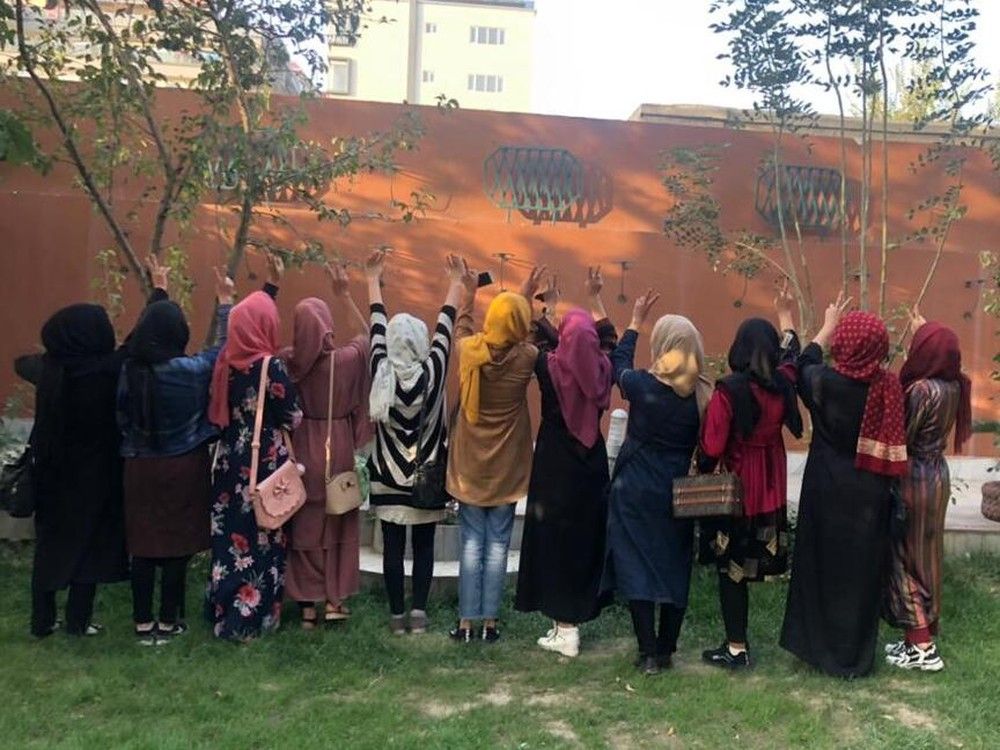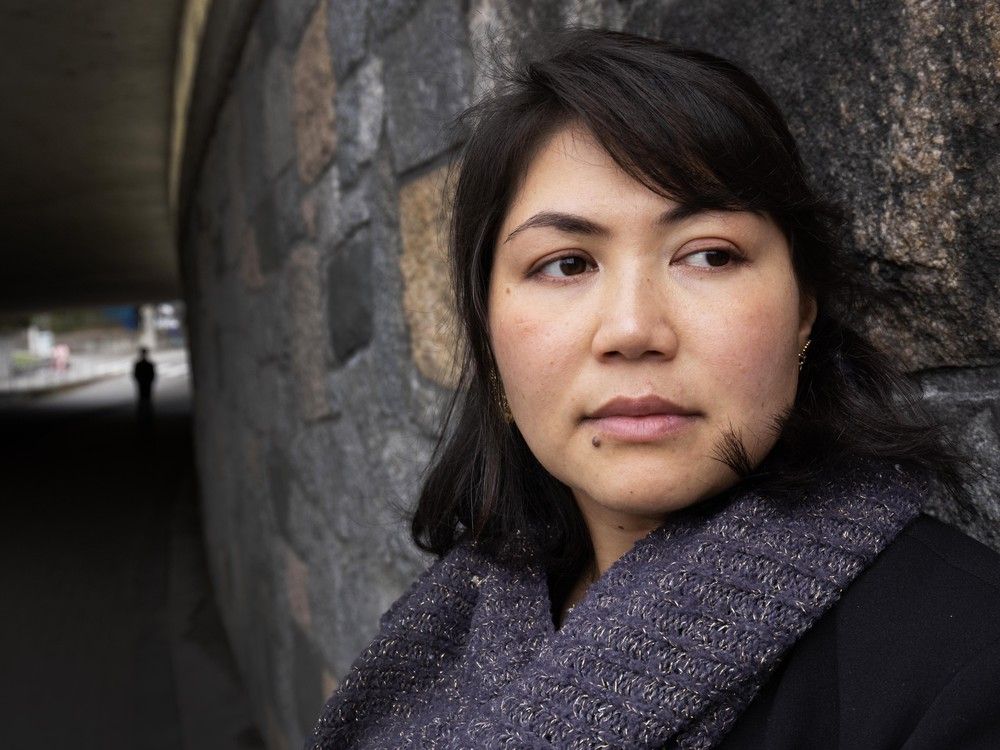
A group of Afghan women studying abroad face deportation to Taliban-controlled Afghanistan within days as a Vancouver woman tries to bring them to Canada.
Thirty female post-secondary students studying at the American University of Afghanistan campus in Qatar had their education derailed when the U.S. administration cut funding to U.S. Agency for International Development, which was supporting them. Their temporary visas expire Aug. 15.
Friba Rezayee, an Afghan-Canadian based in Vancouver, warns that if the students — aged 20 to 30 — are deported, they risk interrogation and imprisonment.
“They will be branded as infidels and spies by the regime simply for pursuing an American education,” said Rezayee, who arrived in Canada as a refugee in 2011.
She is urging Canadians and universities to act quickly.
“It’s a terrifying reality. I can imagine as soon as the students land at Taliban-controlled Kabul airport, they will be asked: ‘Where is your mehram, or male chaperone?’” Rezayee said.

Rezayee founded Women Leaders of Tomorrow, a Vancouver-based organization supporting Afghan women’s education through partnerships with Canadian universities — the University of British Columbia and Laurentian — and B.C. high schools Crofton House and St. Margaret’s Academy.
Since the Taliban’s seizure of the U.S.-backed Afghan government in August 2021, Rezayee said women have been forced out of public life.
Females face strict gender restrictions barring them from most jobs, secondary school and higher education. Rigid dress codes, and limited movement without a male guardian is enforced. The group of Afghan students fled to an American University of Afghanistan campus in Qatar after their home campus in Kabul shut down following the takeover.
UBC has secured placements in graduate studies for three of the Afghan students, but others are stranded at the Afghan university’s campus in exile.
“These women are terrified of what will happen to them if they have to return,” Rezayee said.

Rezayee has partnered with the University of Regina through Project Resilience — founded in 2022 to provide scholarships and emergency funding and support to students affected by conflict and political violence — which offers study in computer science, economics and business administration.
The initiative aims to raise $500,000 to support as many students as possible. The estimated annual cost per student is about $40,000.
But cuts to international aid and stricter immigration policies have limited the number of student visas that Canada will issue. Budget constraints at Canadian universities have also made it difficult to secure in-house financial support.
In March, an executive order from U.S. President Donald Trump halted significant portions of foreign aid, including funding to programs supporting Afghan women’s education abroad.
“The students reached out to me for help right after Trump pulled their funding,” Rezayee said Friday.
“Now it’s Canada’s time to step up and make sure these women are not sent back to the Taliban.”